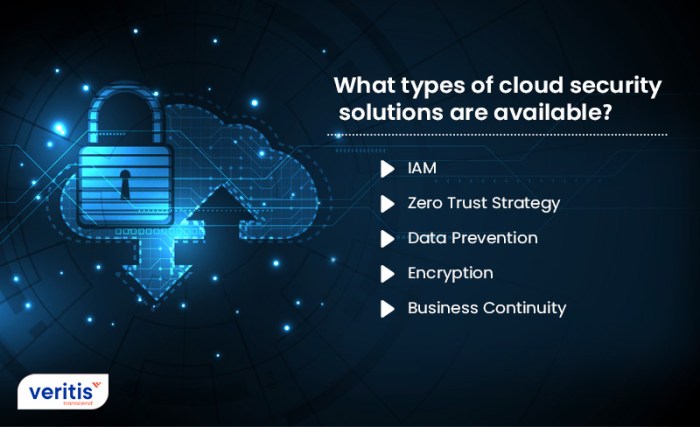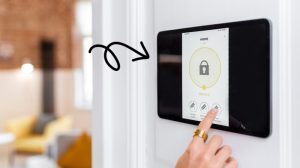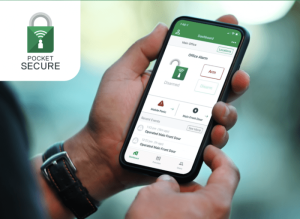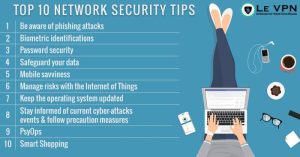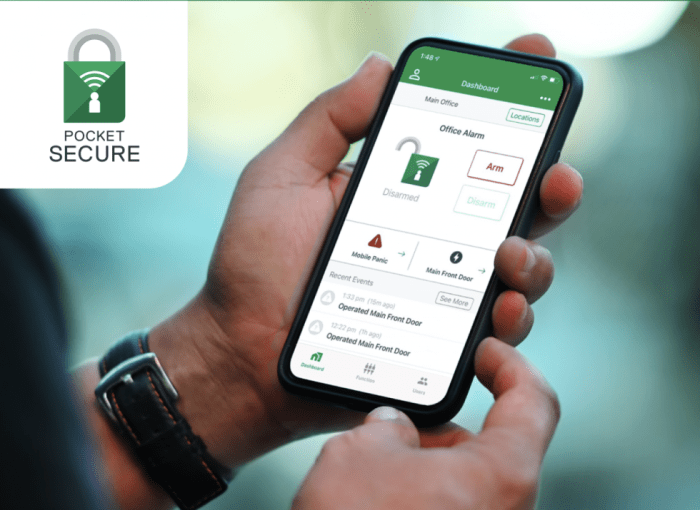
Dive into the world of personal security apps where your safety is just a tap away! From protecting sensitive information to warding off online threats, these apps have got you covered. Let’s explore how you can stay secure in today’s digital landscape with the help of these innovative tools.
As we journey through the different types of personal security apps, learn about the best practices for choosing the right one, and uncover some common misconceptions, get ready to take your digital security game to the next level.
Importance of Personal Security Apps

In today’s digital age, where cyber threats are constantly evolving, the use of personal security apps has become more crucial than ever. These apps serve as a line of defense against various online threats and help protect sensitive information from falling into the wrong hands.
Common Threats Addressed by Personal Security Apps
- Malware and viruses: Personal security apps can detect and remove malicious software that can compromise the security of your device.
- Phishing attacks: These apps can help prevent phishing attempts by warning users about suspicious links or emails.
- Data breaches: Personal security apps offer encryption and secure storage options to safeguard sensitive data from unauthorized access.
- Identity theft: By monitoring for any signs of identity theft, these apps can help users take action before significant damage occurs.
Role of Personal Security Apps in Ensuring Privacy
Personal security apps play a vital role in ensuring privacy by offering features such as VPN services to protect online activities from prying eyes. They also provide options for secure password management and biometric authentication to enhance the overall security of personal information.
Types of Personal Security Apps
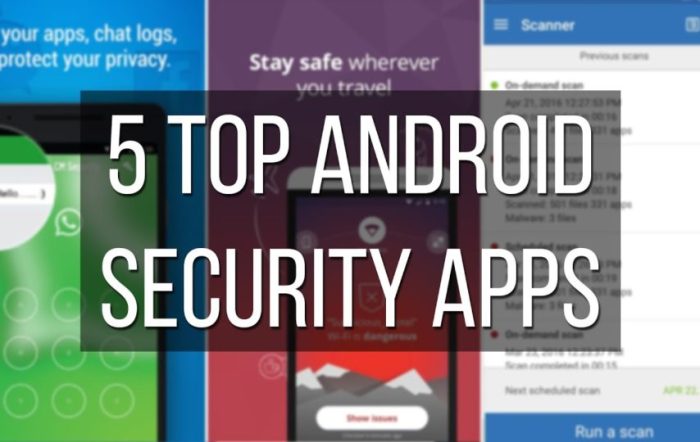
When it comes to personal security apps, there are several types available to help protect your online data and privacy. Let’s compare and contrast different categories of personal security apps, provide examples, and discuss their features and benefits.
VPN (Virtual Private Network) Apps
VPN apps encrypt your internet connection and route it through a server to mask your IP address, providing anonymity and security online. Popular examples include ExpressVPN, NordVPN, and CyberGhost. Features include secure browsing, access to geo-blocked content, and protection on public Wi-Fi networks.
Password Manager Apps
Password manager apps store and encrypt your passwords, making it easier to manage and create strong, unique passwords for each account. Examples include LastPass, Dashlane, and 1Password. Features include password generation, autofill, and secure password sharing.
Anti-virus Software
Anti-virus software apps protect your devices from malware, viruses, and other online threats. Popular options include Norton, McAfee, and Bitdefender. Features include real-time scanning, malware removal, and firewall protection.
Two-Factor Authentication Apps
Two-factor authentication apps provide an extra layer of security by requiring a second form of verification, such as a code or biometric data, in addition to your password. Examples include Google Authenticator, Authy, and Microsoft Authenticator. Features include secure login, backup options, and multiple account support.
Privacy Browser Apps
Privacy browser apps focus on protecting your online privacy by blocking trackers, ads, and other forms of data collection while browsing the internet. Popular examples include Brave Browser, DuckDuckGo, and Tor Browser. Features include ad-blocking, tracker prevention, and private browsing mode.
Choosing the Right Personal Security App
When it comes to selecting a personal security app, there are several important factors to consider to ensure that you are getting the best protection for your needs. From compatibility to user reviews, here are some key points to keep in mind:
Factors to Consider
- Compatibility: Make sure the app is compatible with your device’s operating system to ensure smooth functionality.
- User Reviews: Check out what other users are saying about the app to gauge its effectiveness and reliability.
- Reputation: Look into the developer’s reputation and the app’s track record for providing security solutions.
Assessing Effectiveness
- Look for features that address your specific security needs, such as location tracking, emergency alerts, or data encryption.
- Test the app in different scenarios to see how well it performs in real-life situations.
- Consider the app’s response time and accuracy in providing assistance during emergencies.
Research and Comparison Tips
- Explore multiple personal security apps and compare their features, pricing, and user feedback before making a decision.
- Read expert reviews and recommendations to get a better understanding of the app’s strengths and weaknesses.
- Take advantage of free trials or demo versions to test the app’s usability and effectiveness firsthand.
Best Practices for Using Personal Security Apps
When it comes to personal security apps, simply installing them is not enough. To ensure maximum protection, it is essential to follow best practices in setting up, configuring, updating, and maintaining these apps. Additionally, user education and awareness play a crucial role in maximizing the effectiveness of personal security apps.
Setting Up and Configuring Personal Security Apps
- When setting up a personal security app, carefully review and customize the settings based on your security needs.
- Enable all necessary permissions required for the app to function properly, but be cautious of granting unnecessary access to your personal data.
- Set up strong and unique passwords or biometric authentication methods to secure access to the app.
- Familiarize yourself with the features of the app and configure alerts and notifications according to your preferences.
Updating and Maintaining Personal Security Apps
- Regularly check for updates for your personal security apps to ensure they have the latest security patches and enhancements.
- Enable automatic updates whenever possible to stay protected against emerging threats.
- Regularly review the app’s settings and configurations to make any necessary adjustments based on changes in your security requirements.
- Perform regular scans and checks to ensure the app is functioning correctly and effectively.
User Education and Awareness
- Stay informed about the latest security threats and trends to understand the risks and vulnerabilities that personal security apps can help mitigate.
- Educate yourself on how to use the app effectively and respond to security alerts and notifications promptly.
- Practice good security habits, such as avoiding suspicious links or downloads, to complement the protection provided by personal security apps.
- Regularly review and reinforce security best practices with family members or colleagues who also use personal security apps.
Security Considerations
When it comes to personal security apps, it’s crucial to be aware of potential risks and vulnerabilities that may arise. Understanding common misconceptions and knowing how to enhance overall digital security beyond just using these apps is essential for staying safe online.
Risks and Vulnerabilities
- One potential risk of personal security apps is the false sense of security they can provide. Users may rely solely on the app without taking other necessary precautions.
- Vulnerabilities in the app itself can also pose a threat. If the app has security flaws, it could be exploited by hackers or malicious actors.
- Privacy concerns are another risk to consider. Some personal security apps may collect more data than necessary, putting user privacy at risk.
Common Misconceptions
- One common myth is that personal security apps are foolproof and can protect users from all threats. In reality, no app can guarantee complete protection.
- Another misconception is that using a personal security app means you don’t need to practice good digital hygiene. It’s important to combine app usage with other security measures.
- Some users believe that all personal security apps are created equal. It’s essential to research and choose a reputable app with strong security features.
Enhancing Digital Security
- Regularly update your devices and apps to patch security vulnerabilities and protect against emerging threats.
- Use strong, unique passwords for all your accounts and consider using a password manager for added security.
- Enable two-factor authentication whenever possible to add an extra layer of protection to your accounts.
- Avoid clicking on suspicious links or downloading attachments from unknown sources to prevent malware infections.
- Stay informed about the latest cybersecurity threats and trends to adapt your security practices accordingly.
Epilogue
As we wrap up our discussion on personal security apps, remember that your safety online is in your hands. By following the best practices and staying informed, you can navigate the digital world with confidence and peace of mind. Stay safe out there!
FAQ Insights
How do personal security apps protect against online threats?
Personal security apps use encryption and other security measures to safeguard your data from hackers and cyber threats.
Are personal security apps compatible with all devices?
Not all personal security apps are compatible with every device, so it’s essential to check the compatibility before installing.
Can personal security apps prevent data breaches?
While personal security apps add an extra layer of protection, they cannot guarantee complete immunity from data breaches. It’s important to combine them with other security practices.

